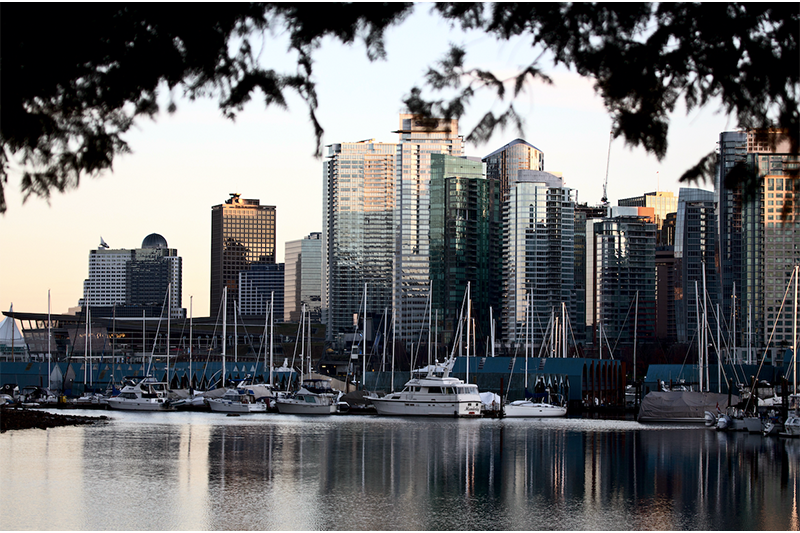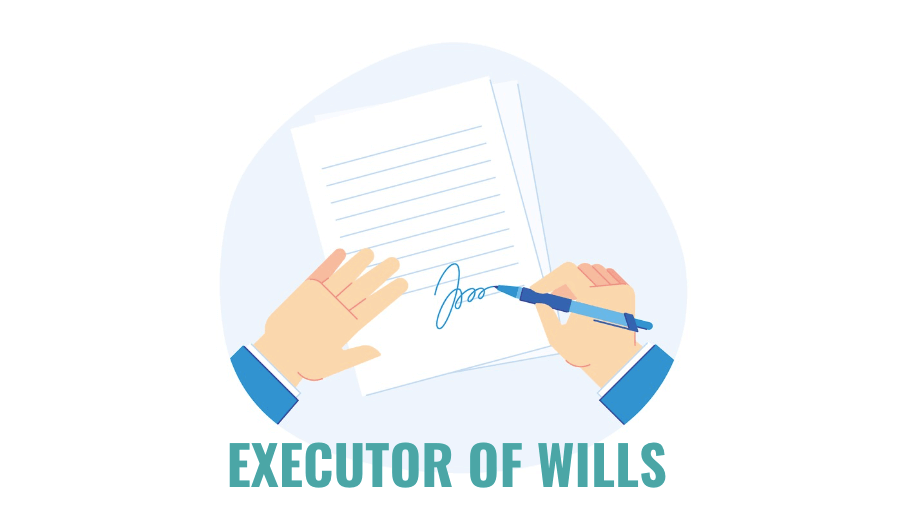Non-Resident Executors for BC Estates: Key Considerations
A British Columbia Will allows you to appoint an executor, who will manage your assets and control your estate after you are gone. (Click here to learn more about the importance of having a Will). Choosing an executor in your Will requires careful contemplation. There are myriad important factors to consider before naming an executor, but this article examines just one key consideration: residency.
Here are the key considerations if you are thinking of appointing an American-resident or international-resident executor to control your British Columbia (Canada) estate:
1. Tax Residency
Your estate is comprised of the assets that you own – in your name alone – at the time of your death; and, an estate is considered a trust for tax purposes. An estate’s tax residency is not determined by the residency of the Will-maker; instead, it is deemed to be the jurisdiction from where the estate is controlled. Since the executor (trustee) manages the estate (testamentary trust), the estate’s tax residency is usually determined by where the executor lives, thus making the executor’s residency a critical consideration. (Note: the executor’s citizenship is immaterial).
A non-resident trust can result in unintended and complicating tax consequences for the estate across multiple jurisdictions. In Canada, some of these impacts could result in:
- Withholding tax on the estate’s income;
- Non-residency holdback and/or remittance of 25% of the proceeds from the sale of the estate’s BC property.
- Potential issues winding up BC corporations.
Depending on your executor’s residency, there may be additional taxation imposed under American (or other international) laws as well.
2. American Reporting
Given British Columbia’s proximity to the United States of America, many BC resident have family in the USA whom they consider appointing as executor(s) of their British Columbia estate. Before making an appointment of this type, it should be noted that, in addition to paying more estate taxes, a US resident executor may also be required to file estate disclosures to the US government. These disclosures may be annual or ongoing requirements, which can mean additional accounting fees and costs.
Depending on personal circumstances, a US resident executor may already be familiar with these requirements. For example, if the executor is already living in the US while maintaining personal accounts in Canada, then they may already be filing their own personal annual disclosures. However, if you appoint a US resident executor who is unaware of required disclosures and fails to file disclosures, significant penalties may be assessed for non-compliance.
3. Bonding
In the context of estates, the purpose of placing a bond is to insure and protect creditors and beneficiaries of the estate against fraud and negligence. British Columbia law may require a non-resident executor to post an estate administration bond. Depending on the amount of the bond and on the estate circumstances (ie: if there is a Canadian co-executor, if all beneficiaries are adults and consent, or if the non-resident executor is a key beneficiary of the estate), the non-resident executor may wish to apply to the court to reduce or dispense the bond; however, there is no guarantee that any given circumstance will sway the court, and even a successful claim may cause delays and bring additional cost to the estate administration process.
4. Working with Investors
Regulation and licensing rules may prevent some Canadian investment advisors from providing investment advice and/or taking instructions from a US resident or other non-resident executor. This may impact the executor’s ability to effectively manage the estate assets.
5. Logistics & Practicalities
Acting as an executor is a big job and can be onerous even when the executor is a BC resident. There are few jobs that get easier when distance – and potentially even time change – is involved. Technology can help to address some of these issues, but there are still potential delays and increased estate expenses associated with an executor being out of the country, such as the executor’s travel costs or added costs to hire assistance with work that a local executor might otherwise be able to complete (such as cleaning out the house).
Summary
It is a myth that you cannot appoint a non-resident executor for your BC estate. (Click here for more myths about Wills); the mere fact that a person lives in the United States or outside of Canada is not in itself a reason to count them out as your potential executor; however, it is a good reason for you to consult an accountant with tax knowledge in both Canadian and the foreign executor’s country of residence. Prudent Will-makers should consider the complexities that stem from appointing a non-resident executor before making such an appointment.
Looking to get started creating your Will? A BC Notary can have a valuable role in your estate planning, including providing you with advice, information and personalized guidance to assist you in preparing and signing / witnessing your legal Will. Contact us to book your appointment now.






